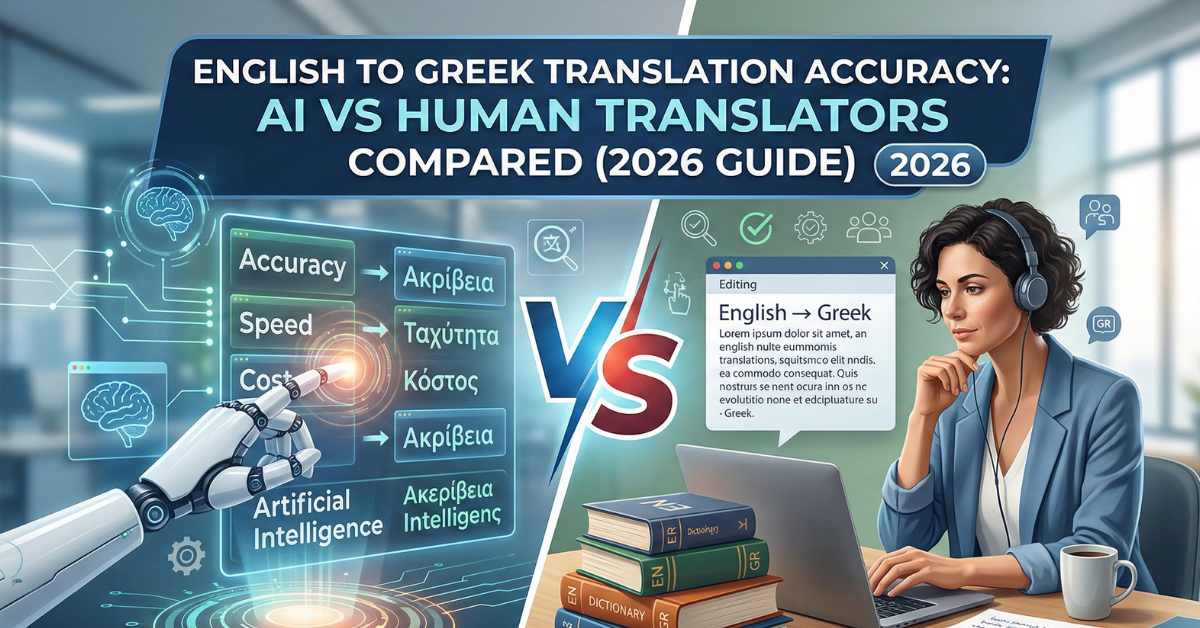Unlocking the Secrets: Exploring the 5 Powerful Approaches to Qualitative Content Analysis
Dec 21, 2023, Nishi SinghIn today's digital age, analyzing textual data has become an integral part of research, allowing us to uncover hidden patterns, unravel narratives, and gain meaningful insights. In this curated blog post, we will explore five distinct approaches to qualitative content analysis: thematic analysis, narrative analysis, content analysis, discourse analysis, and grounded theory. Get ready to dive deep into the essence of information as we unveil the secrets of these powerful methodologies.
Thematic Analysis
Let's start our journey with thematic analysis, a method that puts a spotlight on recurring themes and patterns within the data. Thematic content analysis involves coding and categorization to identify significant insights. By organizing these insights into themes, researchers can gain a comprehensive understanding of the data at hand. With its flexible and adaptable nature, thematic analysis finds its application across a wide range of research settings. For example, in a study examining personal narratives of cancer survivors, researchers may identify themes such as resilience, acceptance, and hope, providing valuable insights into the psychosocial journeys of these individuals.
Narrative Analysis
Moving on to narrative analysis, this approach focuses on stories, personal accounts, and life experiences as data. By analyzing story arcs, plot elements, and character dynamics, researchers can unveil underlying emotions, tensions, and cultural influences. Narrative analysis plays a crucial role in understanding human behavior and communication patterns. For instance, in a study exploring the narratives of refugees, researchers can gain insights into their lived experiences, challenges, and aspirations, contributing to a more empathetic understanding of the refugee crisis.
Content Analysis
Next, let's explore content analysis, a method that investigates communication materials, such as texts, visuals, and audios, across various media platforms. By coding and categorizing content based on predefined categories, researchers can detect patterns, trends, and biases in media representations. Content analysis is instrumental in uncovering media effects and societal dynamics. For example, in a study analyzing news coverage on climate change, researchers might identify the dominant narratives, frames, and political influences shaping public perceptions of this significant global issue.
Discourse Analysis
Shifting our focus to discourse analysis, we enter the realm of language and social interactions. Discourse analysis examines spoken, written, or digital conversations to uncover embedded ideologies, power dynamics, and social structures. By analyzing language use and communicatiohttps://mytranscriptionplace.com/blog/unveiling-the-essence-a-deep-dive-into-content-analysisn patterns, discourse analysis provides valuable insights into social phenomena. For instance, in a study analyzing political speeches, researchers could uncover the rhetorical strategies employed by politicians to influence public opinion and shape political discourse.
Grounded Theory
Our final stop on this
journey is grounded theory, a methodology that aims to develop theoretical
frameworks by analyzing data in a simultaneous and iterative manner. Grounded
theory involves constant comparison and the formulation of concepts,
categories, and hypotheses from the data itself. By immersing themselves in the
data, researchers can generate new knowledge and theoretical insights. For
instance, in a study exploring the experiences of first-generation college
students, grounded theory can uncover key themes and theoretical concepts to
inform educational policies and support systems.
As we conclude our
exploration of these five approaches to qualitative content analysis, it is
clear that each method offers its own unique lens for understanding and
interpreting texts. From thematic analysis to grounded theory, these
methodologies empower researchers to uncover hidden meanings, shed light on
narratives, and gain profound insights into various domains. The pursuit of
qualitative content analysis continues to shape our understanding of the world
around us, enabling us to navigate the vast realm of information with greater
accuracy and depth.
So, whether you're a researcher seeking to explore textual data or a curious individual eager to dive into the intricate interplay of meaning and narrative, don't hesitate to embrace these powerful approaches to qualitative content analysis. Unlocking the secrets hidden within texts has never been more exciting! Take your content analysis skills to the next level and uncover valuable insights today with myTranscriptionPlace.






